Will PMS Stop After Hysterectomy
PMS (premenstrual syndrome) can be challenging for not only the woman experiencing it but also those around her. I get it, PMS can be a handful to deal with, and a lot of women and their families are at their wit’s end. Some women are so distraught with PMS they are willing to have a hysterectomy to alleviate their symptoms. I am not saying having a hysterectomy is a ‘bad thing,’ but it is a last case resort to hormone issues. Certainly, as a young female contemplating a hysterectomy because of PMS, it needs to be addressed.
A hysterectomy is the removal of the uterus. PMS is an ovary issue. Meaning the hormones secreted by the ovaries are out of balance. Removing the uterus (hysterectomy) is not going to stop PMS. Sadly, I repeat, PMS is not going to stop after a hysterectomy. Removal of the ovaries a called an oophorectomy. Removing the ovaries would stop hormonal production, hence stopping PMS. But at the same time, an oophorectomy would put a young woman straight into menopause. This woman would go from PMS to menopause, which menopause has many of its own symptoms.
In this blog, I am going to tell you about PMS symptoms, what causes PMS and treatment options for PMS that do not involve surgery.
PMS can have non-existent symptoms for some women. Others, the symptoms are so severe that it disrupts every part of their lives. PMS is an abbreviation for premenstrual syndrome. Meaning the symptoms occur prior a period. Some women have PMS a couple of days before their period. Others symptoms start as early as two weeks before their next period.
PMS Symptoms:
- Can start anytime from 1-14 days before their period
- IRRITABLE
- Anxiousness
- Trouble falling asleep and trouble staying asleep.
- Waking in the middle of the night for hours or waking multiple times in the night
- Heavy periods
- Spotting days before your period
- Acne
- Bloating
- Cravings for sugar and carbs
- Cramps and pain
- Breast tenderness
- Spotting
Did I mention irritable? If your lady is PMSing, get out of the way, stop breathing, chewing and zip your mouth. We can’t help it, PMS makes us fault everything. When you are PMSing, everything bothers us. Like I mentioned above, PMS can start anywhere from 1-14 days before your period. The only thing scarier than a PMSing woman is a perimenopausal woman. I can say this because I am a recovering perimenopausal female. Be sure to check out our blog: Why is Perimenopause so Horrible? (And it isn’t, but you have to read it to find out).
To fully explain PMS I need to explain the female menstrual cycle. I am going to keep it brief, so I won’t bore you here.
- A menstrual cycle is typically 28 days
- Hormones estrogen and progesterone get released from the ovaries
- Your hormones are changing on a daily basis
- Day 1-5 of a cycle = period, which is when the estrogen and progesterone are zero.
- Day 5-11 Estrogen is rising to mature and preparing the egg for ovulation
- Day 12 Estrogen spikes very high, which signals ovulation
- Day 12-14 – once the egg gets released from the ovary (ovulation), progesterone gets secreted.
- We only make progesterone from day 14 to 28/period, not all month long
- Day 14 to 28 progesterone gets secreted (this is a critical point that I will explain later
- Day 21 – progesterone is the highest it will be the entire menstrual cycle
- Day 28: if there is not pregnancy then you get your period
The critical point here is when progesterone is supposed to get secreted. In many cases, progesterone is not secreted correctly, which causes terrible PMS symptoms. Progesterone is a beautiful hormone. It helps balance the mood, so you are not so irritable. Progesterone enables you to sleep, so you are not so tired the next day. It helps reduce heavy periods and spotting out of synch of your period. Progesterone helps clear up the skin, reduce hair loss and even helps bloating and bowels. So if your progesterone is not being appropriately secreted days 14 to your period, PMS can take over your life.
I know a hysterectomy, surgery sounds extreme. But PMS can affect woman to the point that they will do anything to stop the symptoms. Mainly what I find is the mood symptoms are the worst symptoms. Yes, the physical symptoms are aggravating. No one likes heavy bleeding or spotting for days. The acne and bloating are bothersome. But the irritability is the worst. Some women describe it as rage. They are feeling fine, and then boom, something relatively minor makes them so angry. And the stress tolerance is nonexistent in PMS.
Women with terrible PMS say that minor stresses such as getting kids to school on time or many activities to be done in the day. These normal life stressors become too much to handle during PMS. They do not have a stress tolerance for these stressors. We all know life is not perfect, some snafus crop up. But with terrible PMS, women cannot handle the minor stressors of life.
For example, Carey a 31-year-old married mom of 3 came to me because of her PMS symptoms. In fact, Carey and her husband both came to me because they were so concerned about her PMS. As soon as Carey hit day 15 in her cycle, she became another person. Carey was tired, hungry and couldn’t sleep. But mainly she was so irritable and anxious, and no one wanted to be around her.
As soon as Carey got her period, she felt so much better. But right after ovulation, she turned into a different person. She would yell at her kids, scream in her car, get angry at her husband, worry and feel anxious about things she has no control over. Carey and her husband were contemplating divorce or separation. I know there is so much more to divorce than just hormones. But in Carey’s case, it was Mr. Jekyll and Dr. Hyde. She was great for half of the month and felt awful the second half of the month. I asked her, ‘is it acceptable to only feel good 50% of your life?’. No, it is not. Nevertheless, we got to work.
Another example, Melissa was scheduled for a hysterectomy. She came to see me because her husband wanted a second opinion. Melissa was 35 years old and could not take her PMS symptoms anymore. She thought that having her uterus out would fix her PMS. Her surgeon/gynecologist was willing to do the surgery because Melissa no longer wanted to have more children and she had fibroids. Fibroids are a common reason that many women have hysterectomies (see our PODCAST on fibroids). What Melissa didn’t realize is, it is the lack of progesterone secreted from the ovaries day 14 to your period that causes PMS. Your uterus does not cause PMS.
By having a hysterectomy, Melissa would no longer have the heavy periods, the cramping and the spotting. But her mood swings would not go away with just having her uterus out. When I told her this, she said, ‘fine, I want the ovaries out too!’. I understand Melissa was willing to do anything to stop these terrible PMS symptoms. But no ethical, reputable surgeon is going to remove the ovaries of a healthy, 35-year-old female. She has already tried many forms of birth control pills and could not tolerate them. As they would make her even moodier all month long and caused terrible migraines.
I do not find birth control pills to be a good way to manage PMS. The hormones in birth control pills seem to aggravate the mood. And giving a woman in her mid 30’s to 40’s birth control pills for PMS is not healthy due to risk factors.
Lack of or Low Progesterone:
Having low levels of progesterone day 14 to your period will cause PMS symptoms. There are many reasons for a low progesterone level. It could be genetic, adrenals, stress and low thyroid. All could be entirely separate blog posts. For now, lower levels of progesterone can cause terrible PMS symptoms.
Solutions for PMS:
Progesterone: raising the progesterone helps tremendously. You can have your naturopathic doctor/functional medicine practitioner prescribe bioidentical micronized sustained release progesterone to take from day 14 to your period. Giving a progesterone capsule to both Casey and Melissa helped their PMS symptoms by 70%. And Melissa ended up not getting that hysterectomy.
Lifestyle modifications: To help with PMS, you have to make some lifestyle modifications. Even with Casey and Melissa, they have to make changes to their lifestyle. This is important whether you take progesterone or not. And in some instances, some women are not a candidate for bio-identical progesterone treatment.
Dietary changes: You have to reduce sugar and refined carbohydrate. Even though in PMS, the cravings for sugar and salty carbs are intense. We have to stop eating these inflammatory foods. Refined processed carbohydrates raise insulin and messes with your levels of cortisol and glucose, which not only exacerbates PMS symptoms but also causes you to gain weight.
Women with terrible PMS symptoms also complain of weight gain in the stomach. It is because of the insulin, glucose, cortisol roller coaster the sweets and processed carbs cause in the body. We all know we should eat better. But it is challenging when the cravings are intense, and we don’t have a plan to follow. We have created a dietary program to help reduce the inflammation, lose belly fat, reduce cravings and improve hormone balancing. And it is free to download. We combine ketosis with intermittent fasting and carbohydrate cycling to lower insulin, cortisol and balance glucose.
Weight Resistance Exercise: Doing a form of exercise to build muscle helps balance all your metabolic hormones. Do weight training, walking, pilates, yoga, something that helps build muscle. Do not do intense cardiovascular exercise as this breaks down muscle and raises your cortisol levels. Thereby completely messing up your glucose and insulin as well as other metabolic hormones.
Supplements for PMS: There are many upon many supplements for PMS. I am just going to keep this to the ones that I like to use.
- Vitex is an excellent herb that helps to raise luteinizing hormone which helps raise progesterone.
- Evening Primrose Oil is a great supplement to help balance hormones without being a hormone itself.
- Pregnenolone is a prohormone. Meaning your body will convert it to hormones as needed. It is great for balancing progesterone and cortisol. Do not go over 20-30 mg for pregnenolone. As high levels of pregnenolone can convert to androgen excess in the body.
- DHEA is also a prohormone. It helps testosterone levels in women and can help with PMS. But be sure not to take more than 5 to 10mg. More than that can cause androgen activity in your body.
- L-Theanine is an excellent amino acid to consider when you are feeling anxious. You can take it as needed for angst and is helpful for anxiousness from PMS.
Make sure your doctor tests your full thyroid function. See our podcasts and blogs on the proper tests for thyroid function. Have your doctor look into adrenal dysfunction/adrenal fatigue for you as well. Because both the thyroid and adrenals have a significant impact on the female reproductive hormones.
Hopefully, this was helpful. You can click the link to download our Keto Carb Cycling Program. If you have questions, leave a comment below are send us an email at [email protected].
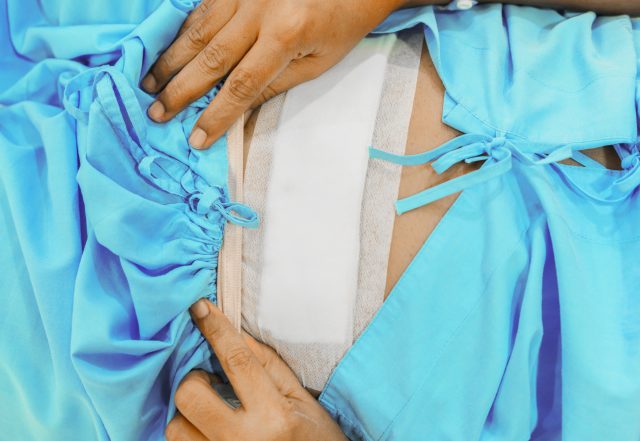
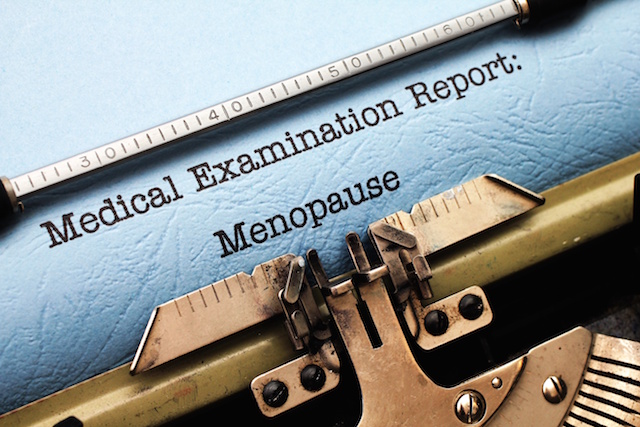
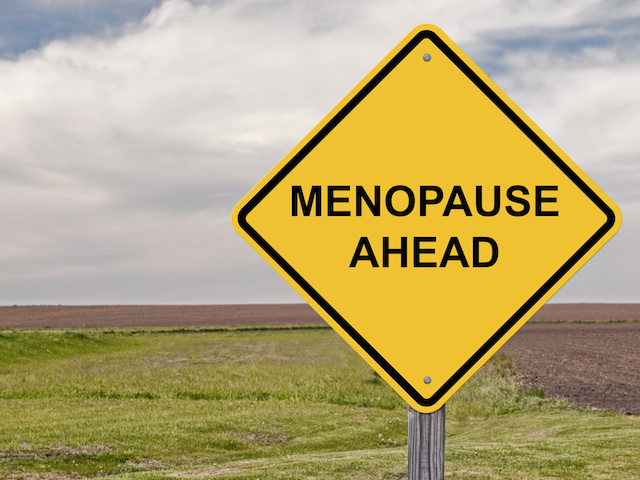
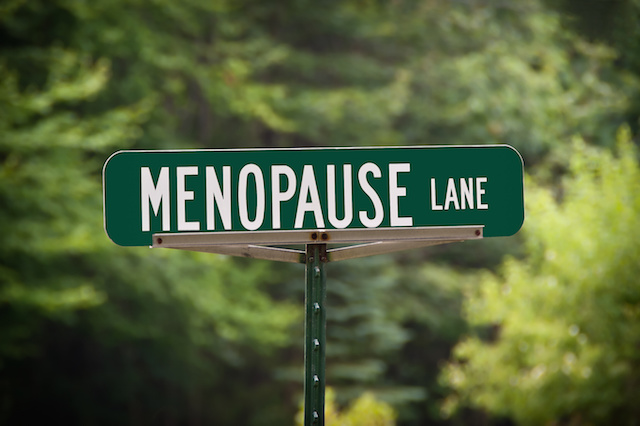
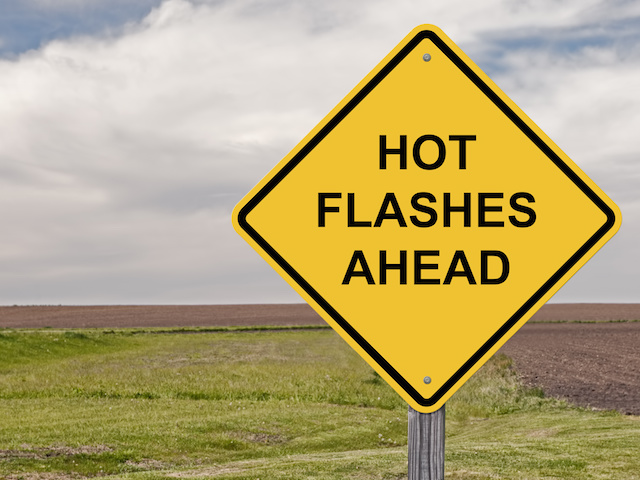


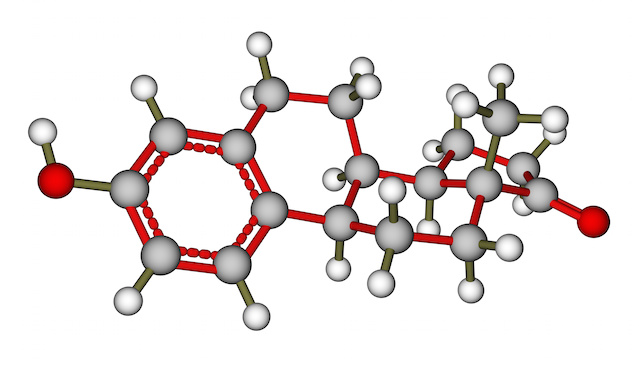
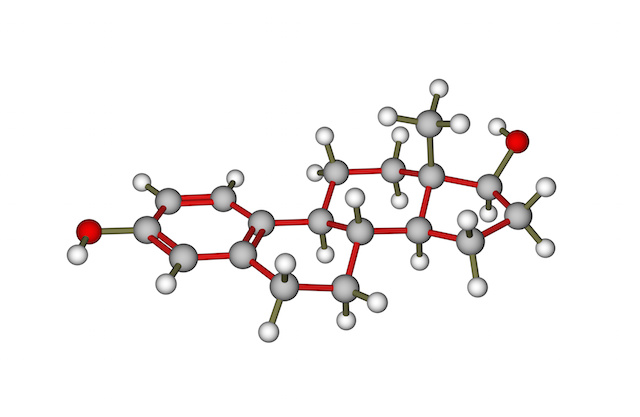
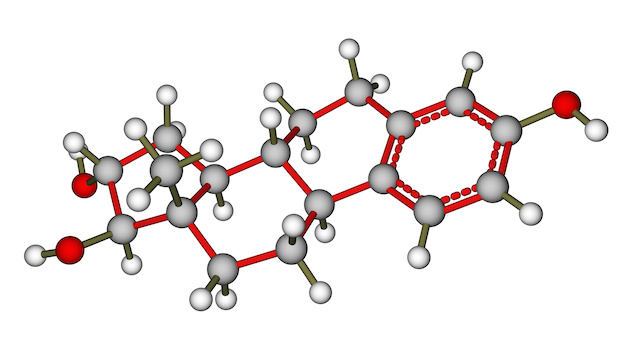

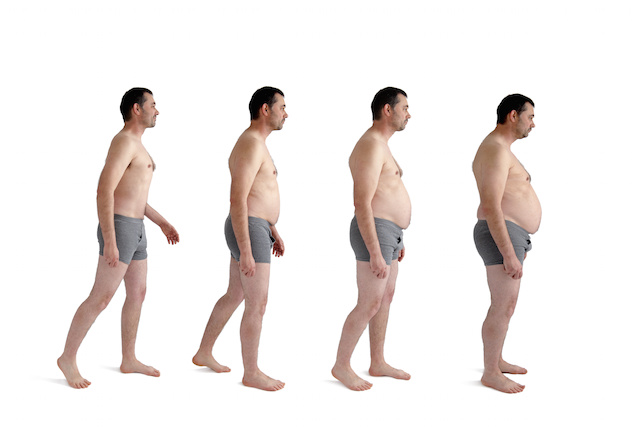
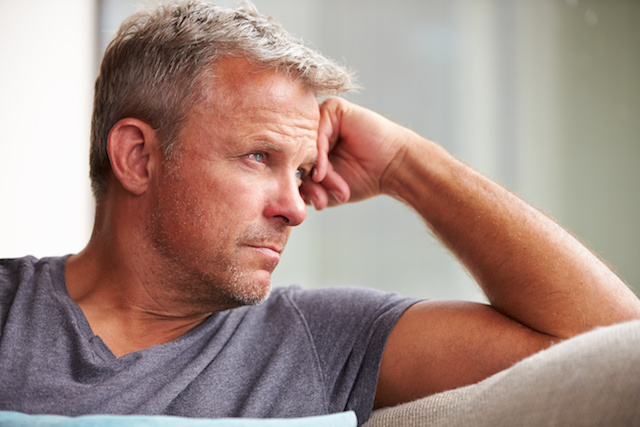


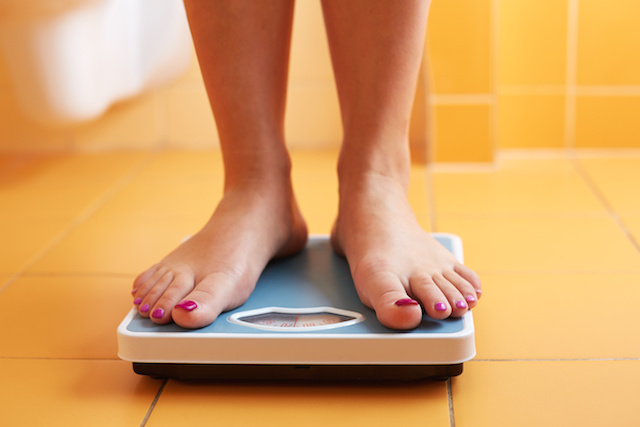
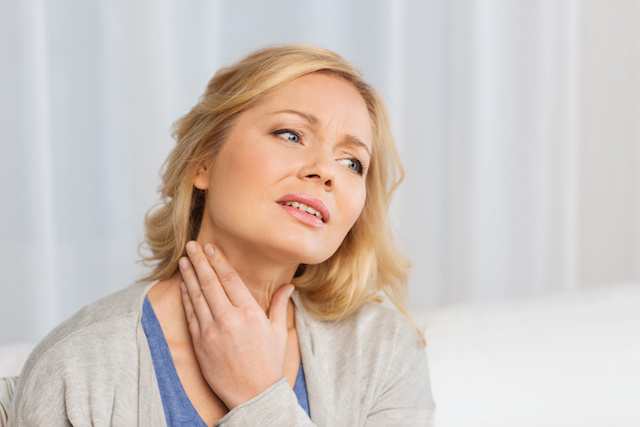

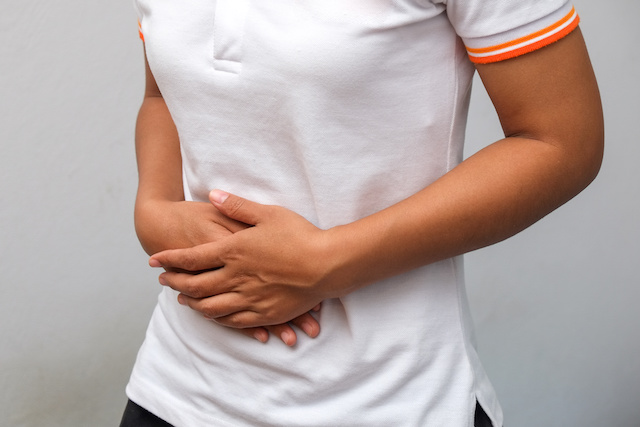
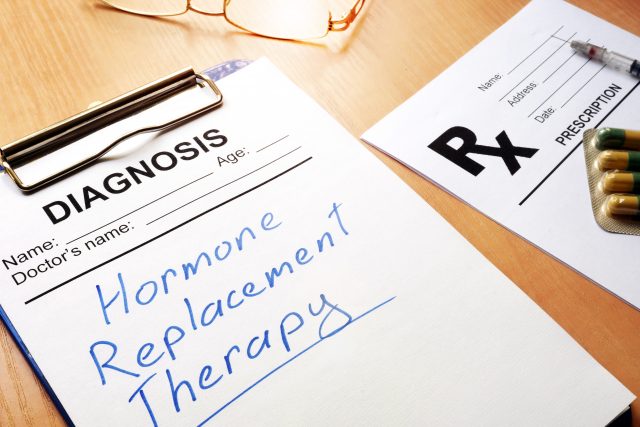

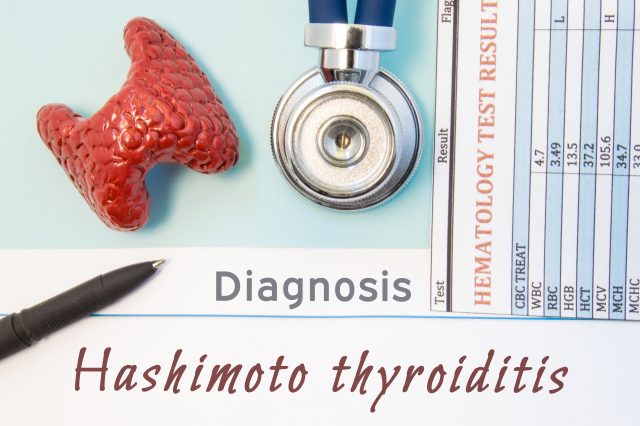
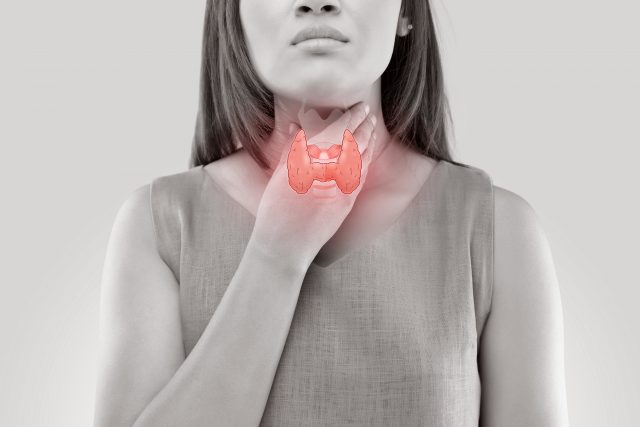


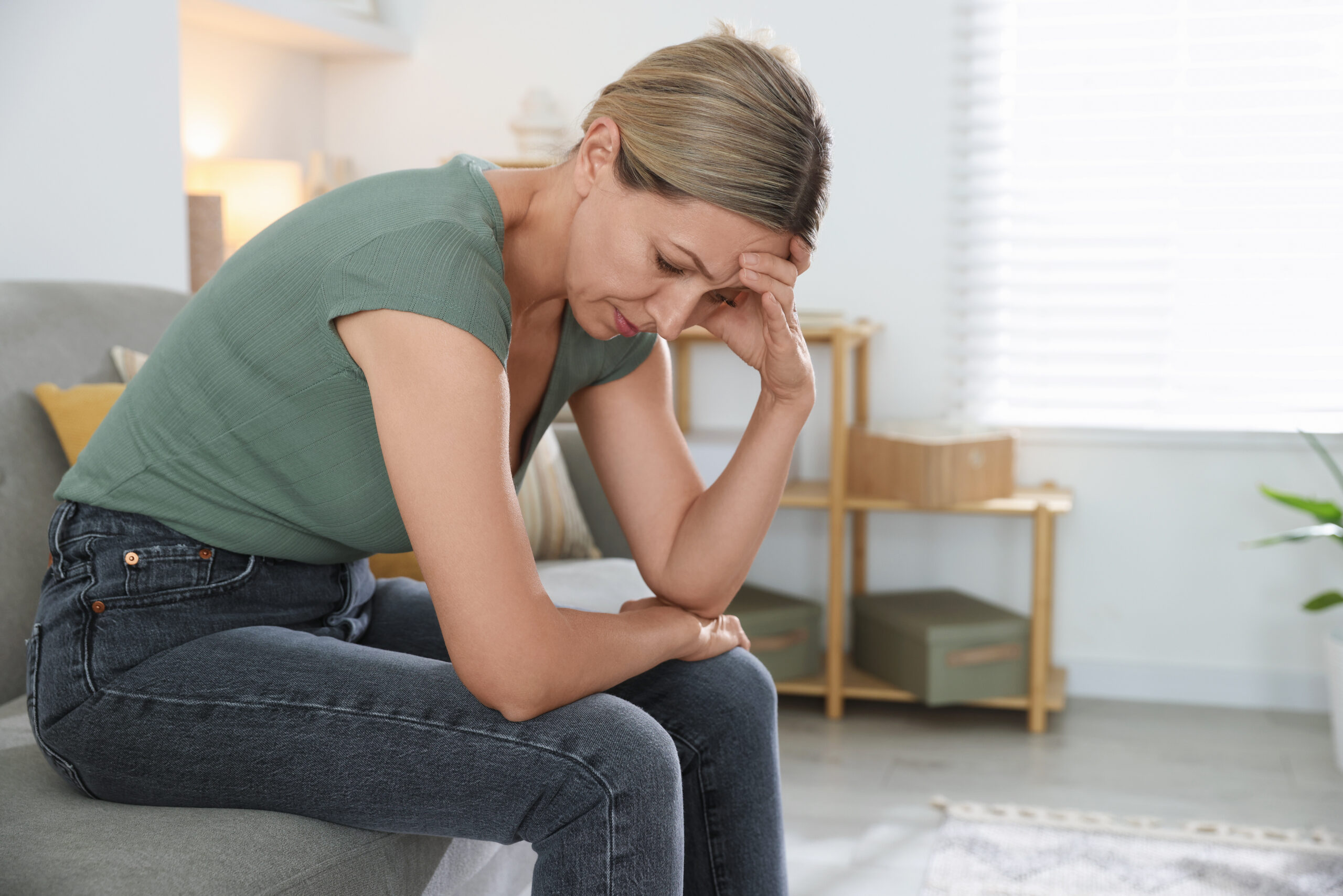
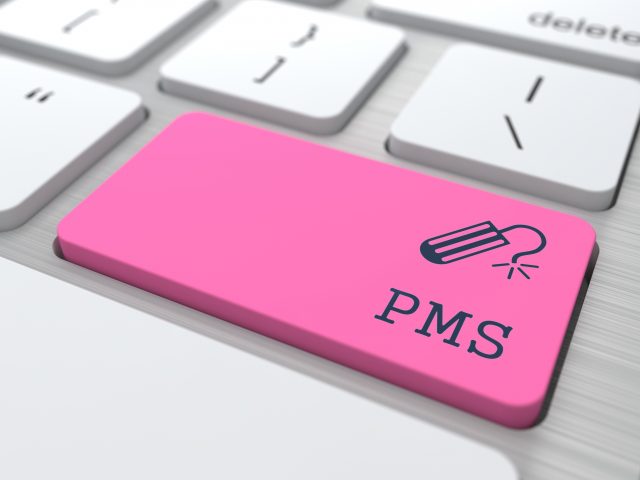
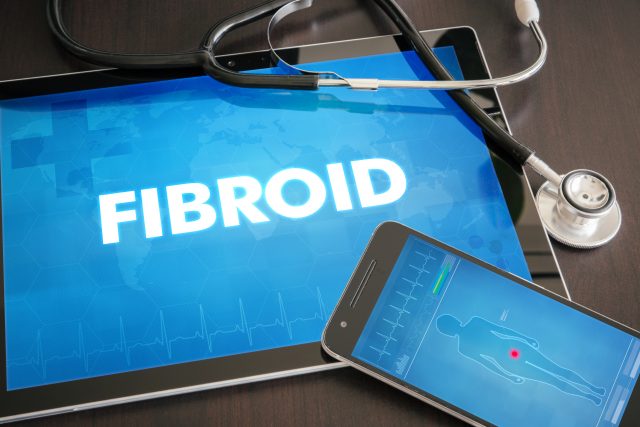
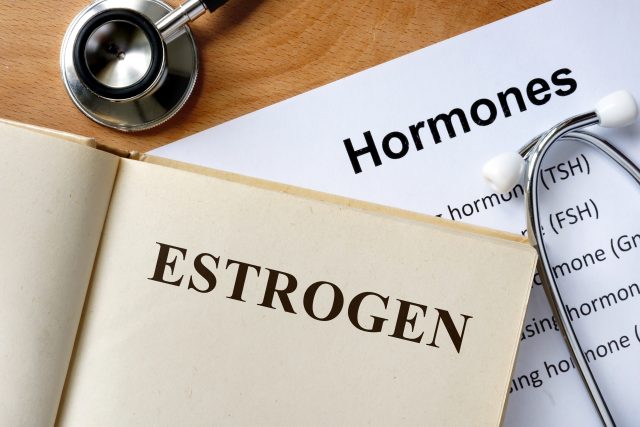
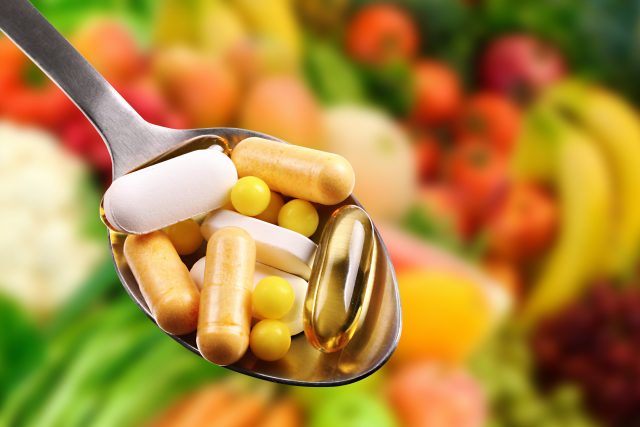
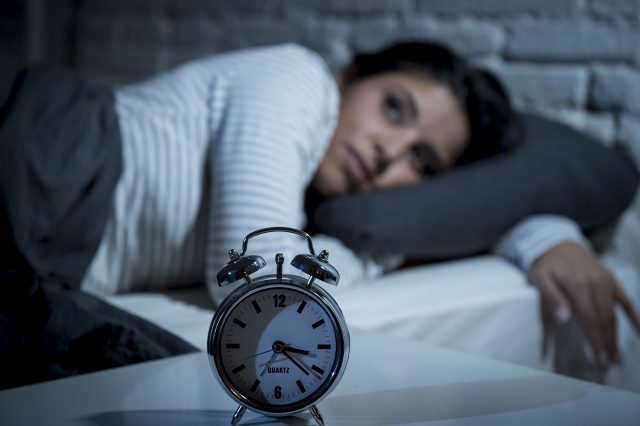
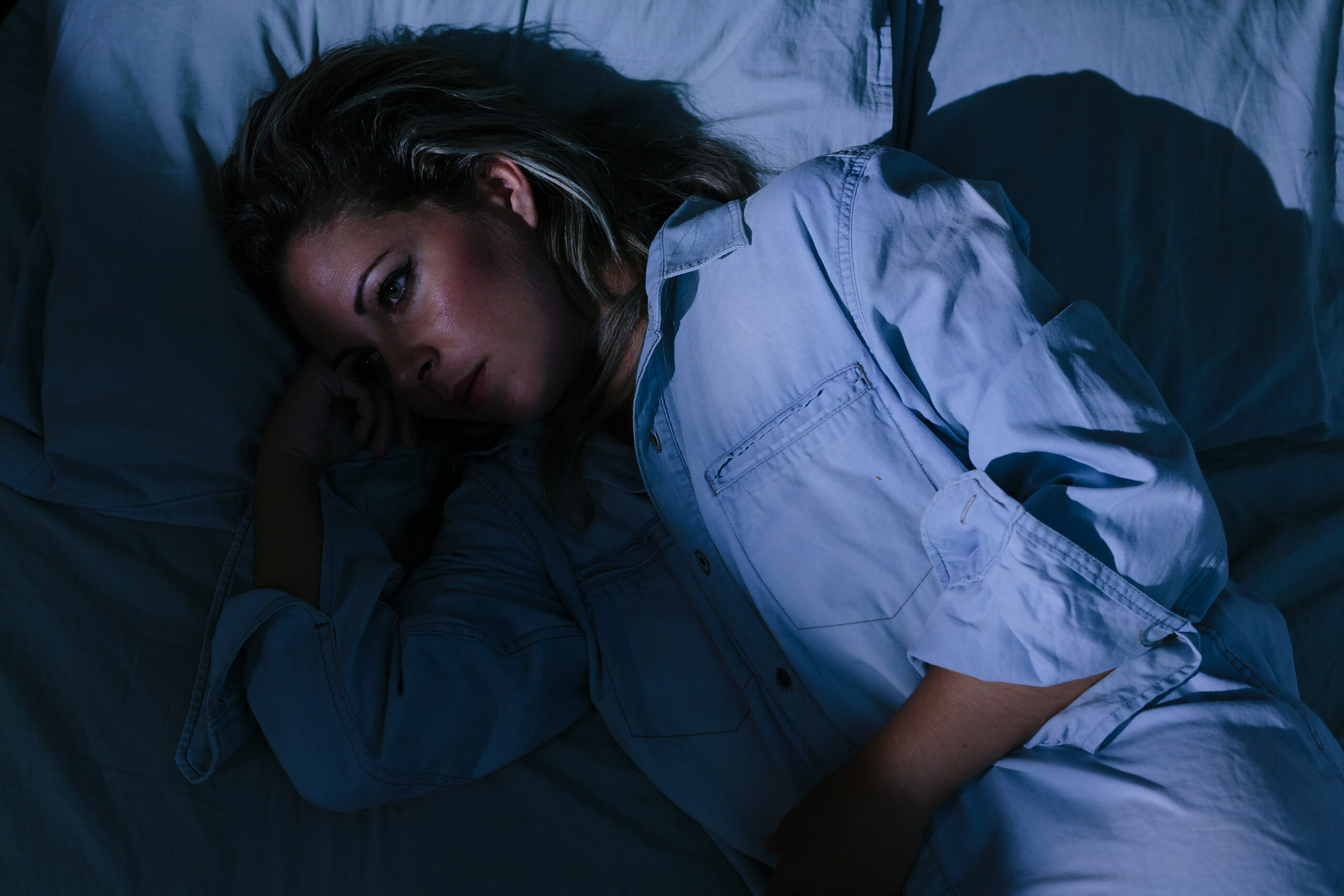
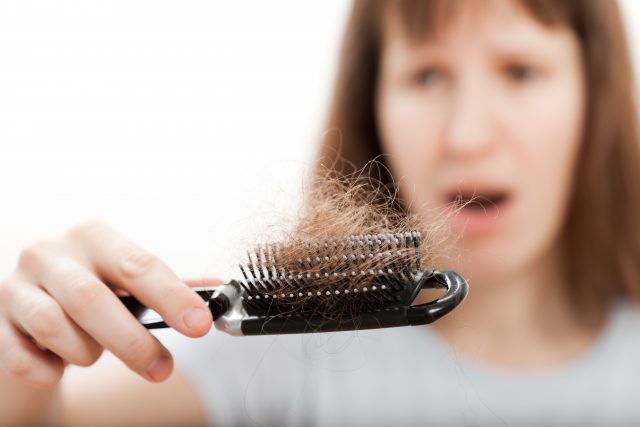
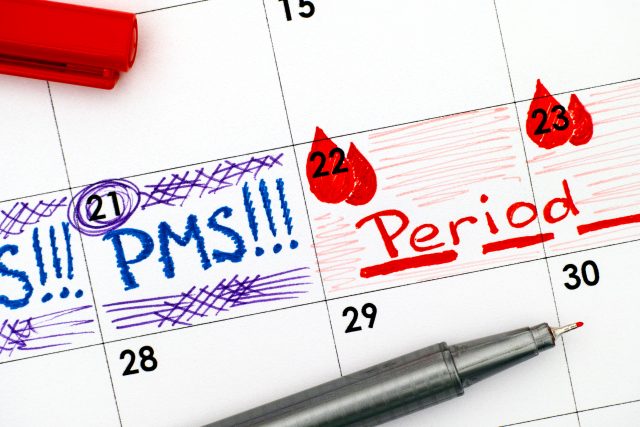
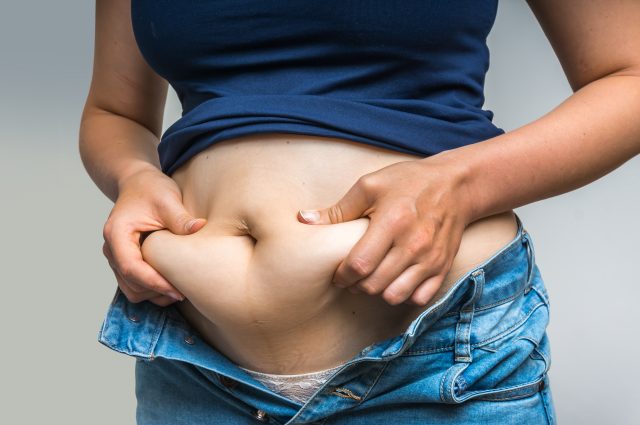
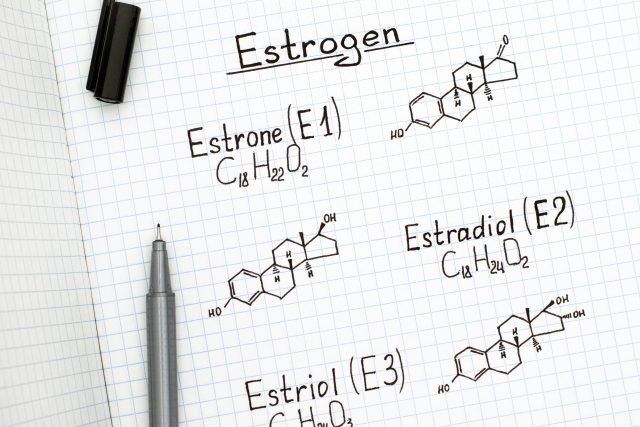
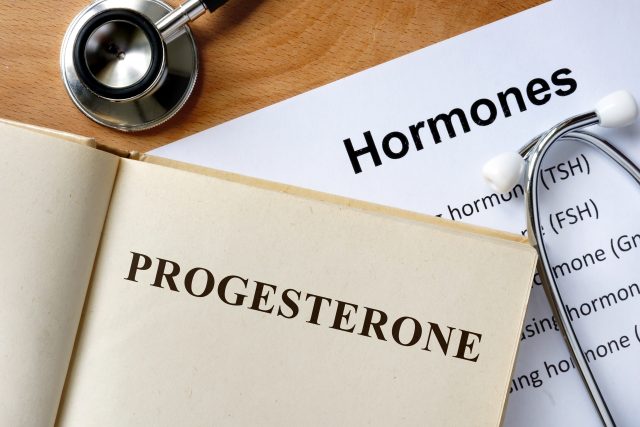
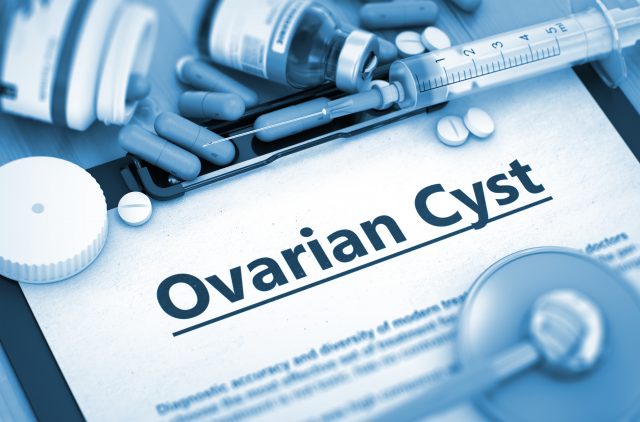
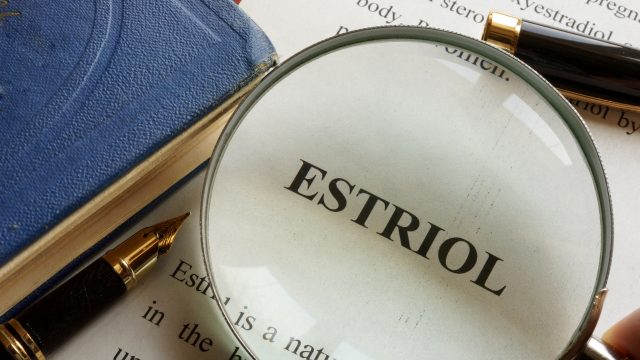
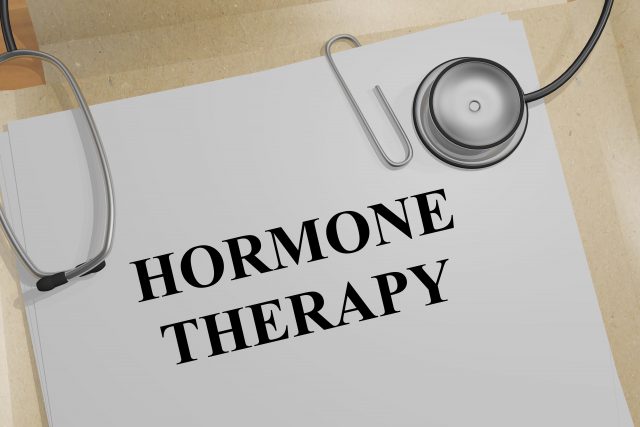
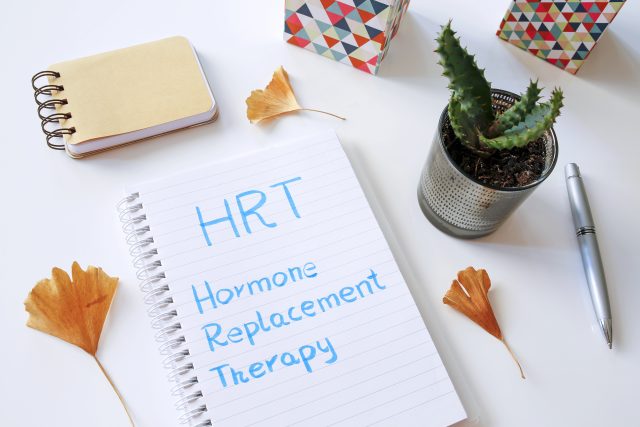
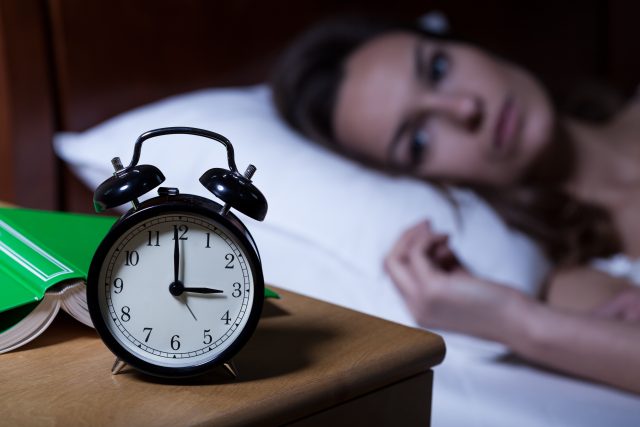
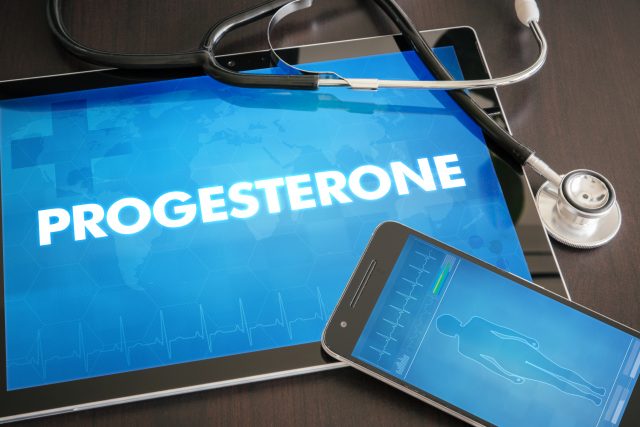
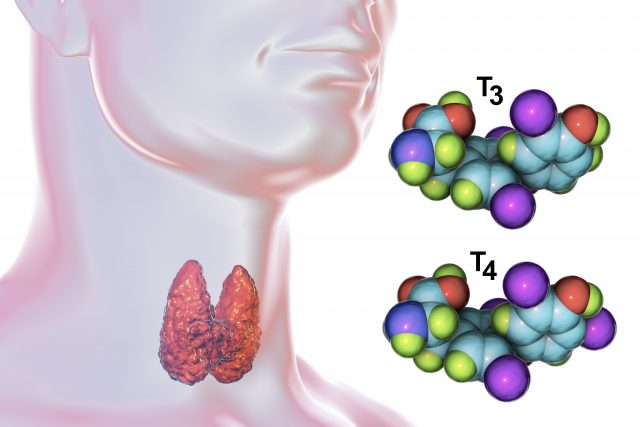
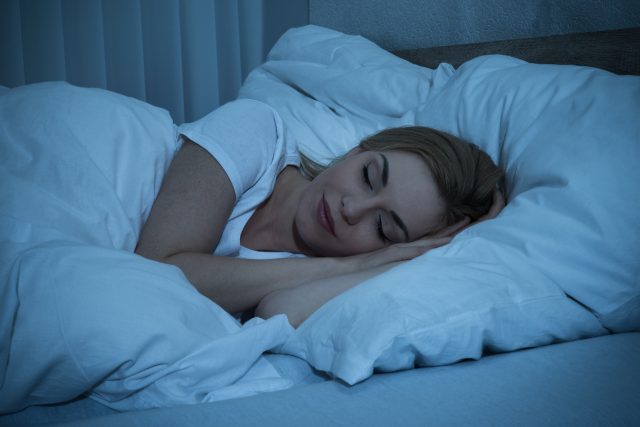
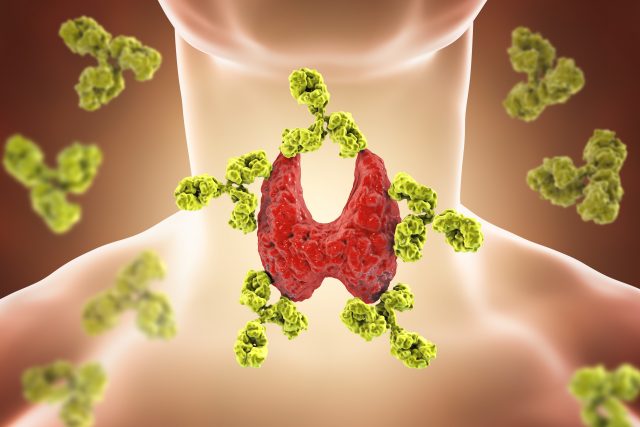
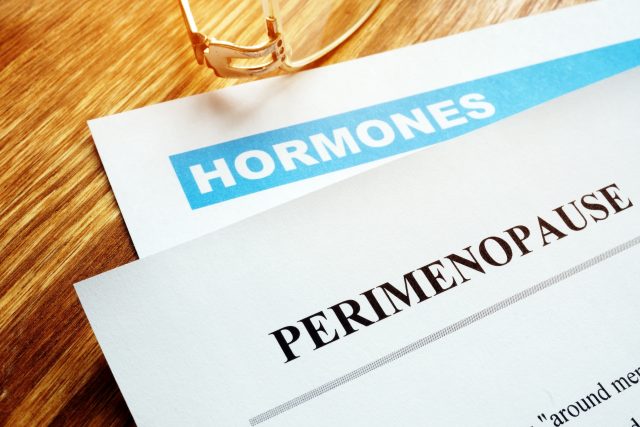
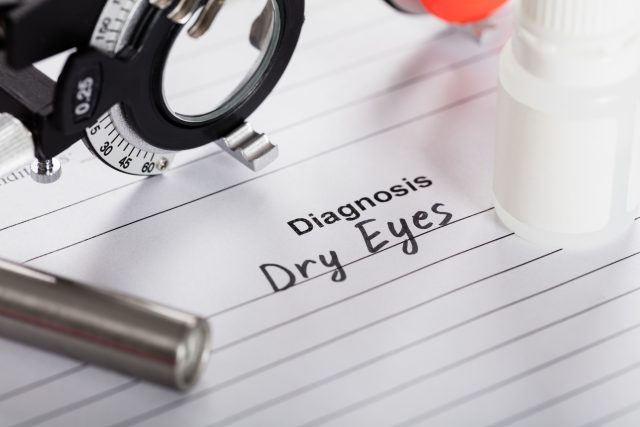
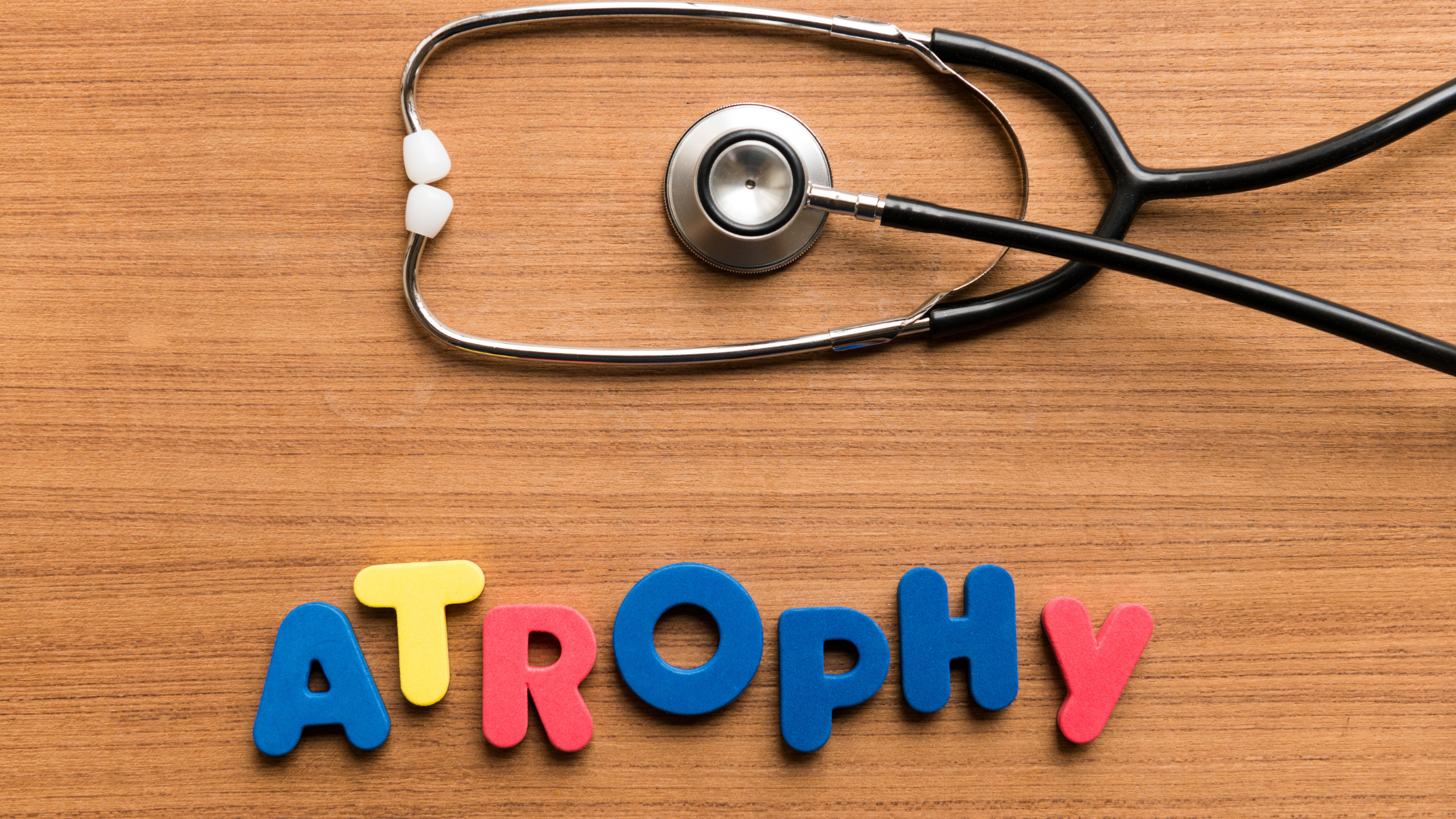

This is such an I informative article. I now understand what my naturopath is trying to do. Great info on type of exercise we should be doing. I always found high intensity cardio made my symptoms worse but weight training made them almost go away. Great read!
Hello Tammy,
Thanks for reaching out. I am glad you found my wife’s article helpful.
Dr. Maki